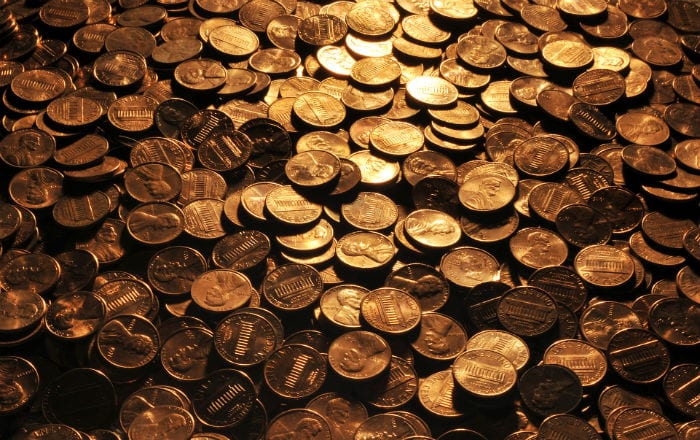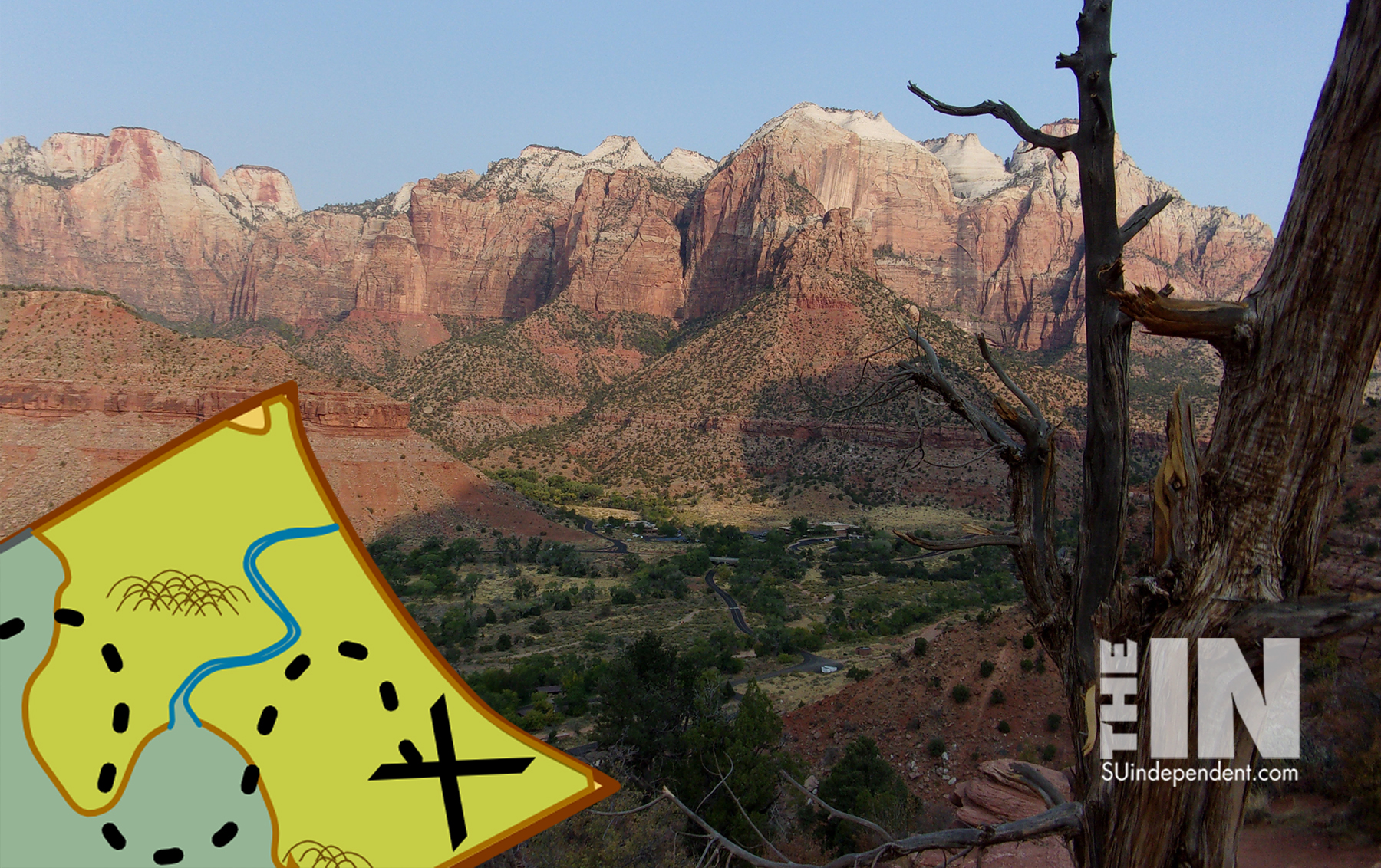
Written by Dana Dahl
“It is not the strongest or the most intelligent who will survive but those who can best manage change.” ~Leon G. Megginson
“I sent you a text message” yet another customer told me after failing to get a response and resorting to actually calling me on my phone and using their voice to talk to me.
“I don’t text,” I replied, shuffling in my decrepit middle-aged frustration with technology.
It’s not so much that I hate writing messages. I hate to abbreviate words and lack the ability to be succinct or navigate the tiny buttons, auto correct, and all the other glitches that come with new phones and technology. “LOL” feels lazy when I could say, “That just made me spew coffee all over my laptop screen.” Give me a full sized keyboard, and I’ll write a message worthy of printing. But the world is moving by quickly. If I want to keep up with my kids, grandkids, customers, or anyone else, I need to learn to adapt, reluctantly if I have to… I guess.
As we contemplate a month in which many celebrated Earth Day in April and the important things that can be recognized in regards to the planet which gives and sustains our very lives, I am compelled to think about how important it is to personally evolve, to adapt to change, to keep up and do my best to not be part of the problem in a world that is changing before my eyes.
The next war may not be about oil or religion or even terrorism. It may be exacerbated by the need for water and an unrelenting world population boom. The debate should be over about climate change and how much humans have impacted our earth for the worse. A winter without snow in the west is just one of many signs we’re facing some dire and difficult waterless days ahead. We are made up of water and our food, even if we’re vegetarian is completely dependent on the water we can direct and store and provide. Evolving our behaviors and habits are imperative to salvaging what we have left and making what little comes to us with intermittent rains to support the needs of our species and the rest of the planet.
Our lovely blue planet has suffered considerable degradation at the hands of human beings, especially since the industrial revolution and widespread use of fossil fuels and even technology. But the creative minds and energy of so many concerned beings can make a huge impact on slowing or reversing that destruction. We must adapt and evolve in new ways. If we don’t we could well be the cause of our own demise as a species, as well as thousands of other species on our amazing planet earth.
“Find a penny, pick it up, and all day long you’ll have good luck,” I told my daughter while walking through a parking lot and picking up a dirty penny. It’s a strange colloquialism given how little a penny will purchase, so she retorted, “Find a penny, pick it up, 99 more you’ll have a buck”. We laughed at the reality of her quip, but while some would suggest that recycling is pointless or driving a fuel-efficient car isn’t going to matter if we compare our paltry efforts to the massive pollution of industries and even other more populous countries, I have to think about how even pennies can really add up.
The opportunities to adapt and make a difference are abundant all around us, from filling our water bottle at home from the tap to eating less meat, or replacing thirsty lawns with gardens and desert or native landscaping to upgrading to fuel-efficient vehicles. It all matters. We have evolved and survived through ice ages, difficult migrations, disease, ignorance, pestilence, and endless wars. We’ve sent men to the moon. Severe drought may be our “new normal.” We may not be able to rebuild the icecaps or restore our glaciers to the way they were decades ago, but we can stop making it worse by our careless over consumption.
So in this month of May we honor our mothers, and most of all, let’s honor our Mother Earth who has so generously given all of us life. I hope that long after we are gone from this world, our planet is still healthy and vibrant. It is up to each of us—here and now—to do our part to ensure this will happen for many generations to come.
This article was provided by the World Peace Gardens‘ non-profit foundation, which holds non-sectarian gatherings every Sunday to promote world peace and sustainable living. Gatherings are at 11:30 a.m. at Green ValleySpa, 1871 W. Canyon View Drive, St. George, Utah 84770. Admission is free. For more information, log on at www.W-P-G.org or on Facebook at: www.facebook.com/worldpeacegardensand on Meetup at www.meetup.com/World-Peace-Gardens, or call us at (435) 703-0077.




